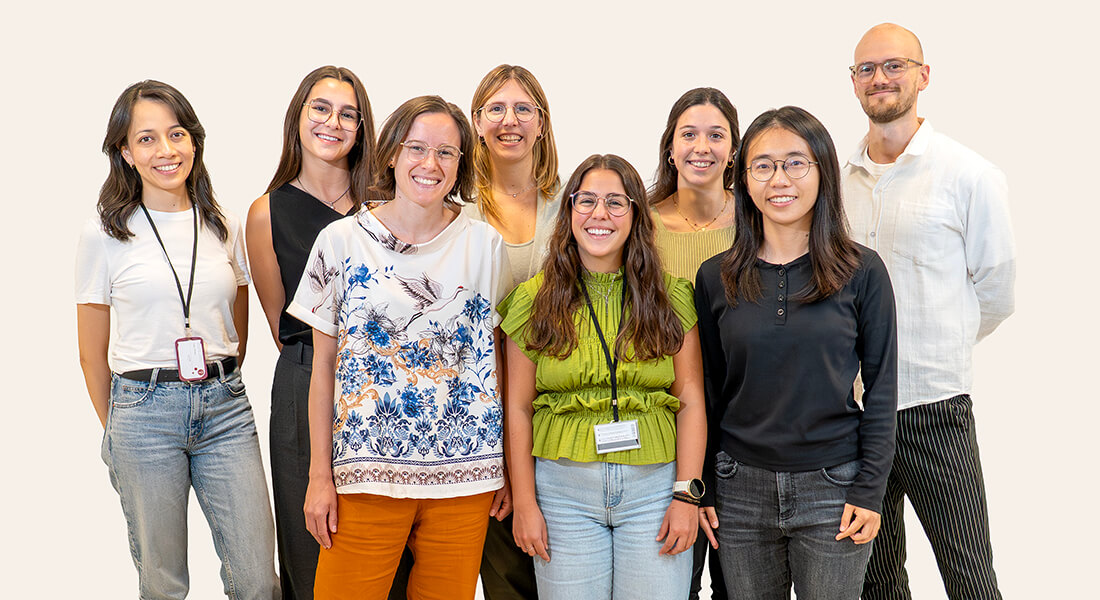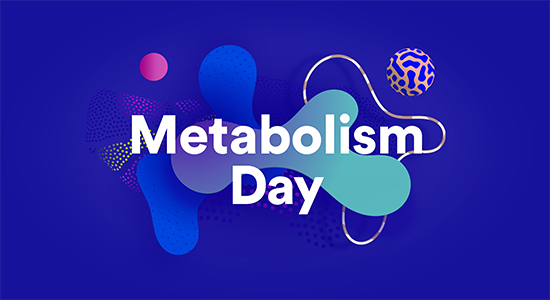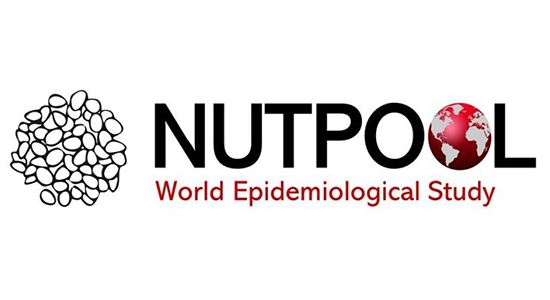
Nutrition, -Omics, and Cardiometabolic Diseases in the Guasch Group
The Guasch Group focuses on investigating the role of dietary and lifestyle factors in cardiovascular diseases and type 2 diabetes. Our goal is to incorporate high-throughput –omics techniques into traditional epidemiological analysis to gain insights into underlying mechanisms.

Our research group focuses on integrating nutrition and lifestyle factors with –omics data to advance the prevention of cardiometabolic diseases, including cardiovascular diseases and diabetes.
One of our primary research areas is to study the complex interplay between diet, lifestyle, metabolomics, proteomics, and cardiometabolic diseases. We aim to identify metabolite and proteomic profiles and networks associated with these conditions and investigate how diet and lifestyle factors may influence these associations. By leveraging data from large cohort studies and clinical trials that include dietary and multi-omics data, we aim to advance precision nutrition by improving objective dietary biomarkers and evaluating their relationship with cardiometabolic diseases.
Another key focus of our research is nutritional epidemiology. We examine the associations between various dietary factors, dietary patterns, and their impact on cardiovascular diseases, diabetes, and mortality, utilizing data from large-scale prospective cohort studies and clinical trials.
Additionally, we have a strong interest in sustainable diets, those that promote both human and environmental health. As part of this initiative, we are conducting a new randomized clinical trial to investigate the effects of sustainable dietary patterns on traditional and novel cardiometabolic risk factors.
Olive oil intake is associated with lower risk of total and cause-specific mortality
Published in the Journal of the American College of Cardiology in 2022, this study was a prospective large cohort study including more than 90000 participants who were followed for up to 28 years. The study showed that higher olive oil intake was associated with lower risk of total and cause-specific mortality, specifically cardiovascular disease mortality. Replacing margarine, butter, mayonnaise, and dairy fat with olive oil was associated with lower risk of mortality.
Divergent associations between MUFA from different sources and total and cause-specific mortality
Published in Circulation Research in 2019, using data from two large prospective cohort studies, we showed that higher intake of monounsaturated fatty acids from plant sources was associated with lower total mortality, and monounsaturated fatty acids from animal sources intake was associated with higher mortality.
Published in the Journal of Clinical Endocrinology and Metabolism in 2019, we found that an acylcarnitine profile, mainly including short- and long-chain acylcarnitines, was significantly associated with higher type 2 diabetes risk in participants at high cardiovascular risk. However, the inclusion of acylcarnitines into the model did not significantly improve the T2D prediction C-statistics beyond traditional risk factors, including fasting glucose.
In this study, published in the American Journal of Clinical Nutrition in 2024, we developed the Planetary Health Diet Index (PHDI) to quantify adherence to the EAT-Lancet reference diet and examined its associations with total and cause-specific mortality. Using data from three large prospective cohorts of over 200,000 males and females in the United States, followed for 24 years, we analyzed more than 30,000 deaths. Our findings indicate that a higher PHDI is associated with a lower risk of total and cause-specific mortality, as well as reduced environmental impact.
News

Staff list
| Name | Title | Phone | |
|---|---|---|---|
| Barbieri, Giulia | Guest Researcher | ||
| Guasch Ferre, Marta | Associate Professor | +4535327180 | |
| Nielsen, Lise Birk | Researcher | +4535329083 | |
| Peláez, Paola Mercedes Mogna | PhD Student | ||
| Rewers, Adam Duun | PhD Fellow | ||
| Trius Soler, Marta | Postdoc | +4535327345 | |
| Valle Hita, Cristina | Postdoc | ||
| Zhang, Naixin | Postdoc | +4535324315 |





